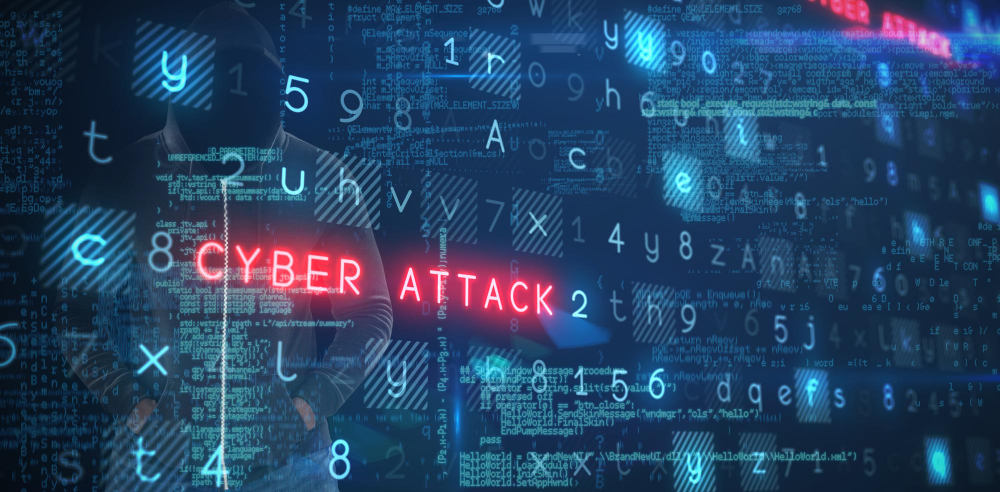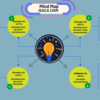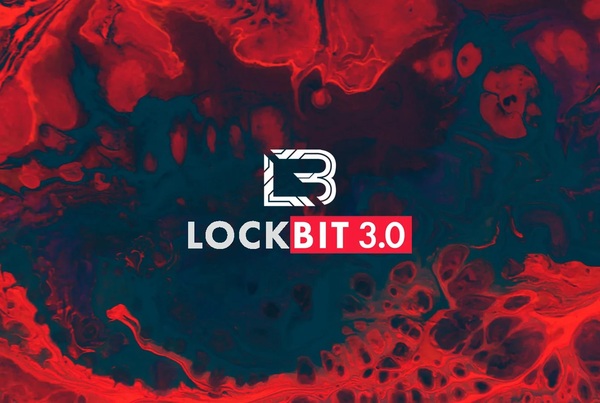NEW DELHI :Many Indian cybersecurity experts are worried about their job security in light of the recent uptick in cyberattacks following the release of the “covid” exploit, with 49% saying they plan to switch employers and 25% saying they want to switch to a completely different line of work. This is according to a report by Gartner, a market research firm, which was released last week.
The stress levels seen by cybersecurity experts are “unsustainable,” according to Deepti Gopal, director analyst at Gartner. Chief information security officers are in a defensive position, with success defined as either avoiding a hack or suffering a hack. She argued that the emotional toll this takes on cybersecurity executives and their teams’ productivity and decision making.
Seventy-seven percent of Indian responders to cyber incidents reported acute or considerable mental strain after dealing with a large incident, according to a research published by IBM Security in October.
Their social lives and relationships are negatively impacted by their insomnia and fatigue. Cybersecurity specialist and head of innovation and technology at Mahindra Finance, Suresh A. Shan, has observed that “security policies and processes are often vague and there is minimal training.”
The stress is compounded when “security personnel often complete an activity thinking they are operating within the scope of their job responsibilities,” but later learn that they are being held accountable for a situation that they were not trained to handle or where they had no control over the outcome.
Prateek Bhajanka, APJ Field CISO at cybersecurity firm SentinelOne, indicated that workers in the company’s Security Operations Center (SOC) are among the most overworked and anxious. He also noted how difficult it is to deal with the company’s always-on attitude and the avalanche of alerts from digital surfaces. On top of that, “demands are not satisfied as security is still not viewed as a boardroom concern by numerous organizations,” Bhajanka said.
Gopal argued that a toxic work environment leads to employee burnout and resignations.
Reducing stress entirely “may be an unachievable aim,” he continued, “but people may do highly demanding and stressful occupations in settings where they are supported.”
According to psychologist Kumkum Jagadish of Mumbai, businesses should prioritize company culture. Every conversation needs to go both ways. “People need to learn to say no when they need to, take vacations when they can, and take breaks when they’re needed,” she said. Stress can lead to burnout, therefore it’s important for professionals, especially those working in the high-stress security field, to know that their work is appreciated.
According to a research by cybersecurity firm Trend Micro published in September 2022, over 75% of Indian enterprises have been struck by ransomware attacks since 2019. This makes India a prime target for cybercriminals.
Talent churn is a major concern for security teams because of these factors and the vast employment options in the cybersecurity industry. According to ISACA’s eighth annual cybersecurity study, published in March of last year, 60% of firms in India have vacant cybersecurity positions, and 42% indicate that their organization’s cybersecurity team is understaffed.
The demand for security engineers, cybersecurity analysts, and risk and data privacy professionals is on the rise, but there is a severe shortage of qualified candidates, according to Munira Loliwala, business head at employment agency TeamLease Digital. Since there is such a large demand and few people to fill it, more people are taking jobs on a temporary basis, she said.
According to a Teamlease research from November of 2022, retention is a major problem in the cybersecurity industry, with 40%-45% of new hires leaving their positions within the first six months.








